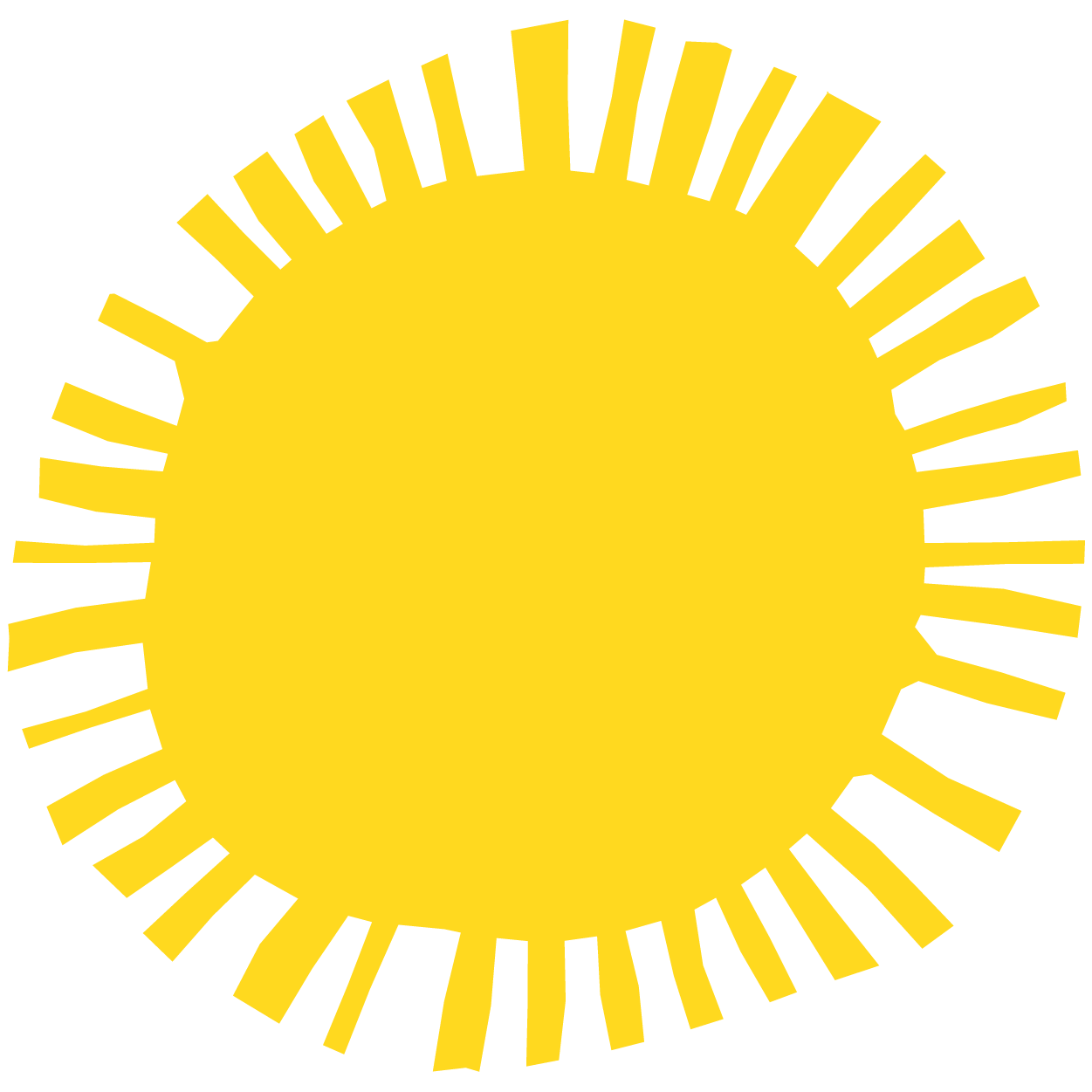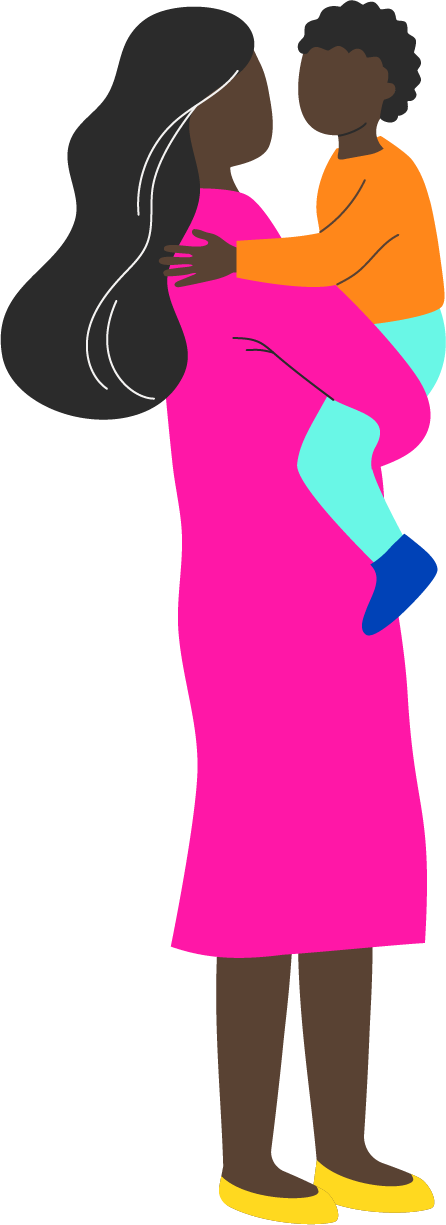A Journey of Change
Sharing Changemaking Wisdom from New Zealand
This month saw us embark on a changemaking journey to the other side of the world, as part of a Welsh Government-funded project to explore approaches to preventing family and gender-based violence, for and with young people.
Our group of sixteen – eight adults and eight young people – journeyed over 11,000 miles to experience the culture of New Zealand and to participate in a series of learning exchanges with organisations and government bodies, sharing our practices and insights from Wales, and bringing back what we could replicate and share from the practices in New Zealand.
To say that this was a journey of discovery is an understatement – while its true that travel broadens the mind, what’s often overlooked is the impact of travel on the heart and soul. What you discover in the journey to far-flung places is more of yourself; your fears and joys, your inspiration and excitement, your passion and purpose, that connects at the level of soul or Spark, if you let it.
The Spark as ‘Mana’
This was a journey full of Spark, or ‘mana’ as it could be described in Māori. Mana is a term that is hard to translate, it describes a sort of universal force within each living being, including the natural world, that is akin to the idea of the Spark. Organisations in New Zealand referred to violence in families, relationships and communities springing from a person’s disconnection from mana – being cut off from a vital lifeforce because of trauma and harm, like the dampening of a child’s inner light which can be difficult to reignite.
“Mana refers to an extraordinary power, essence or presence. There are degrees of mana and our experiences of it, and life seems to reach its fullness when mana comes into the world. The most important mana comes from Te Kore – the realm beyond the world we can see, and sometimes thought to be the ‘ultimate reality’”.[i]
To connect with this deeply spiritual, ancient wisdom from traditional Māori cultures was incredible, not least because it speaks so deeply to the work of The Spark Movement, to bring some of this forgotten insight back to the process of raising and educating children. In traditional Māori and Pacific culture, childhood is viewed as a sacred phase, which feels so overlooked in our western, materialistic culture.
In New Zealand, efforts are underway to bridge the gap between western perspectives, brought to the country through colonisation, and traditional Māori and Pacific wisdom, particularly in the process of eradicating family violence. Organisations told us of the importance of honouring the wisdom and practices of communities rather than imposing western ideas that fail to recognise the deeper, spiritual impact of separating people from their beliefs and values.
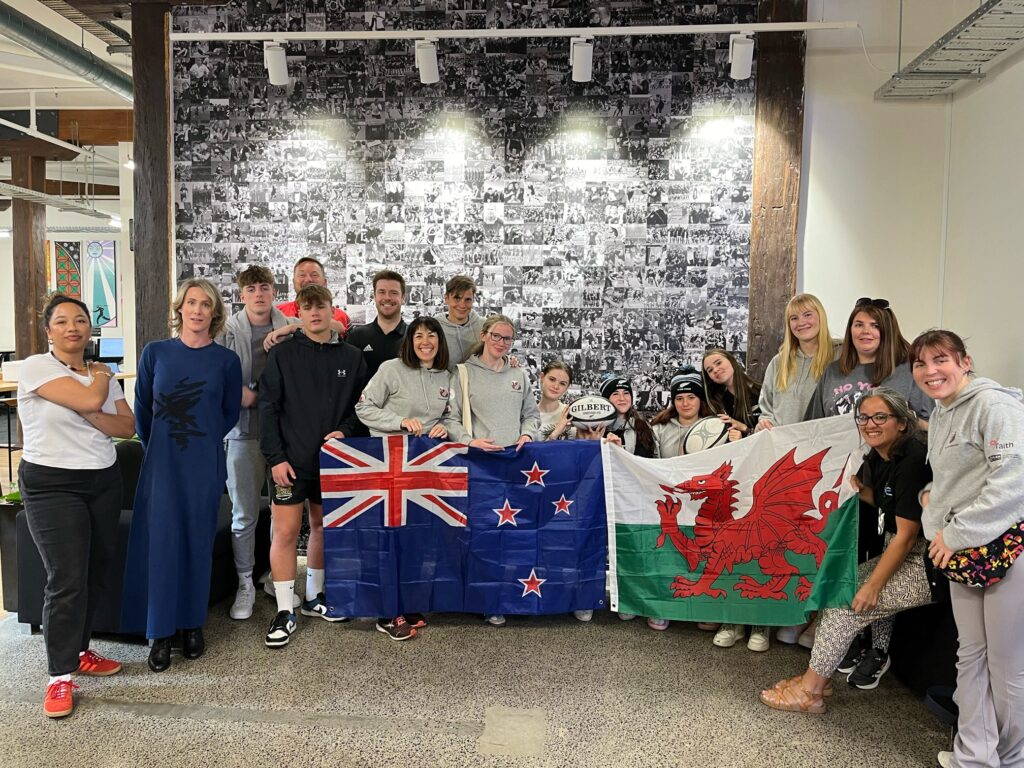
If we look more closely, we see this separation has played out on a grand scale in the west, as people are (at best) encouraged, or, at worst, hypnotised, into a way of being that is entirely individualistic – be the best, outdo others, do more, consume more and try to be more, we are implicitly and explicitly told. There is no space for ‘mana’ or Spark in this arrangement, and no recognised value of ‘te kore’ – the realm of the unseen, but that which is felt and experienced at the level of the heart. How can we connect with a deeper aspect of life, that which is imbued with Spark and is so evident in nature all around us, when we are so consumed with consumption and the maintenance of the false self, the ego, which recognises nothing outside of itself as holding value?
From the Seed to the Forest
The shift from individualism and me-first policies and practices to community collectivism was evident in New Zealand, and a stark contrast to the business-as-usual of the UK.
As a case in point, the Ministry of Social Development in New Zealand have developed a 25-year strategy to prevent family violence, recognising that it takes a generation or more to shift harmful beliefs, values and practices. This feels a far cry from the typical 3 to 5-year strategy processes in evidence in most UK organisations and government departments, which of course will never allow enough time for a true shift to take place.
What’s more important is the language of this government strategy, which is steeped in cultural recognition and goes beyond lip service about values and principles. The strategy itself is called ‘Te Aorerekura’, meaning the enduring spirit of affection. It recognises that harm to individuals and communities is more than individual, it is collective, and it is generational, and requires intervention at a deeper, spiritual level.
“Toiora (enduring) is about protecting and nurturing the potential inside every person by developing and growing the knowledge required to successfully navigate the pathways to sustained and enduring toiora.”[ii]
Their work to tackle family violence shifts the narrative from focusing on individuals who create harm, to considering the conditions and environments which allow harm to flourish. This is a crucial perspective, as it speaks to the intangible energy of spaces, and the unspoken beliefs and practices which allow violence to flourish, including the systems we have created around our children which are imbued with power, dominance and ego.
“Play for me was violence,” shared one of the men who bravely chose to become a changemaker to help tackle violence in his community, shared in a video by the Ministry’s In Your Hands campaign. His experience is not unique – across the globe, children are repeatedly losing their childhoods to trauma and violence, with a sense of inevitability that the pattern will repeat itself, as traumatised children become traumatised adults.
“We need to allow young people to be themselves without having to put on their adult clothes,” shared one of our learning exchange partners, Imogen Stone, from Auckland-based girls’ organisation, Dear Em. This recognition of the dangers associated with children prematurely becoming adults is vital in the UK and beyond, as we rapidly push children’s innocence aside in favour of racing them towards adulthood, from sexualised clothing promoted to pre-teens, to mobile phones and tablets given to toddlers. How can we allow young people to be themselves, in play and creativity and innocence, when the systems they’re surrounded by so explicitly demand the opposite? And why are we surprised when the violence of our culture breeds children who become violent adolescents and adults?
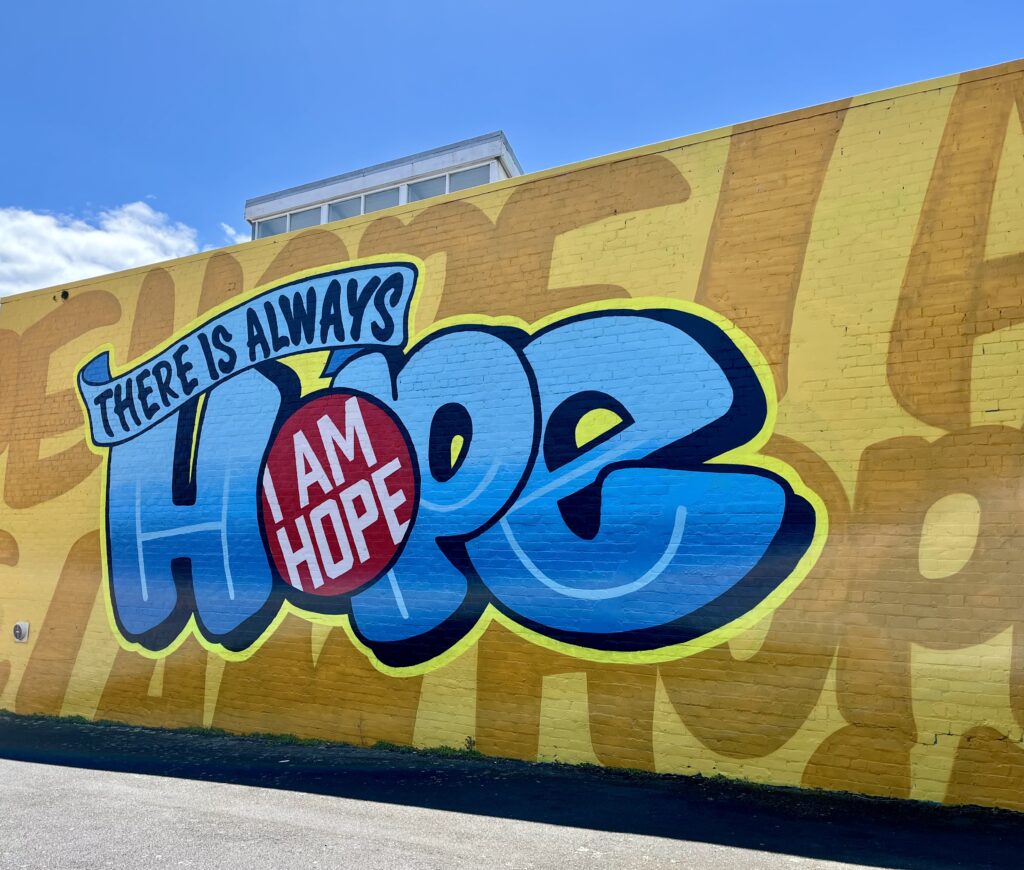
When we nurture the seed of possibility that is a child, and protect it fully, it grows into a healthy, rooted adult who becomes a vital part of a wider community that is stronger together. But every seed requires the right conditions to grow in healthy ways, which includes avoiding repeating cycles of trauma.
The analogy of seed to forest is a clear one – instead, we raise children to be separate individuals cut off from the whole, and overlook the impact on the wider forest that is our communities and societies. What results is fragmented, alienated people, cut off from communities of care. Is it any wonder that violence is so rampant in our homes and communities when little to no focus is given to the trauma and harm created by this individualistic worldview that cuts us off from others?
Shifting from Collective Silence to Critical Consciousness
In traditional Māori wisdom, everything in the world is believed to be related. People, birds, fish, trees, weather patterns – they are all members of a cosmic family.
But this centuries-old, indigenous perspective has been eroded over time, replaced by a narrative that places the self at the centre of the universe, a self that must be maintained at all costs. It is this focus on self that gives rise to shame, stigma and trauma, as people who are at the receiving end of trauma and harm (all of us, to some extent) are taught to internalise our experiences as being a problem of the self, our own problem to solve, which results in a sort of ‘collective silence’, as one of the organisations in New Zealand we met, Le Va, described it.
Collective silence keeps issues such as child abuse, family violence and sexual harm hidden and cloaked in shame. It damages the ‘mana’ or Spark of each individual, but also of each family and community. Mana is lost, the Spark is eroded, and the vital lifeforce within a community that promotes a sense of belonging, connection, healing and care is eradicated.
Instead, organisations like Le Va are recognising collective silence as a risk factor to children and families being harmed. They’re working with ‘upstanders’ – everyday people who can influence change from within communities. This shift from silent bystanders to active upstanders is crucial and allows for a growth in what’s known as ‘critical consciousness’ – the ability to recognise our behaviours and the systems of inequality from inside the system, and create a commitment to take action.
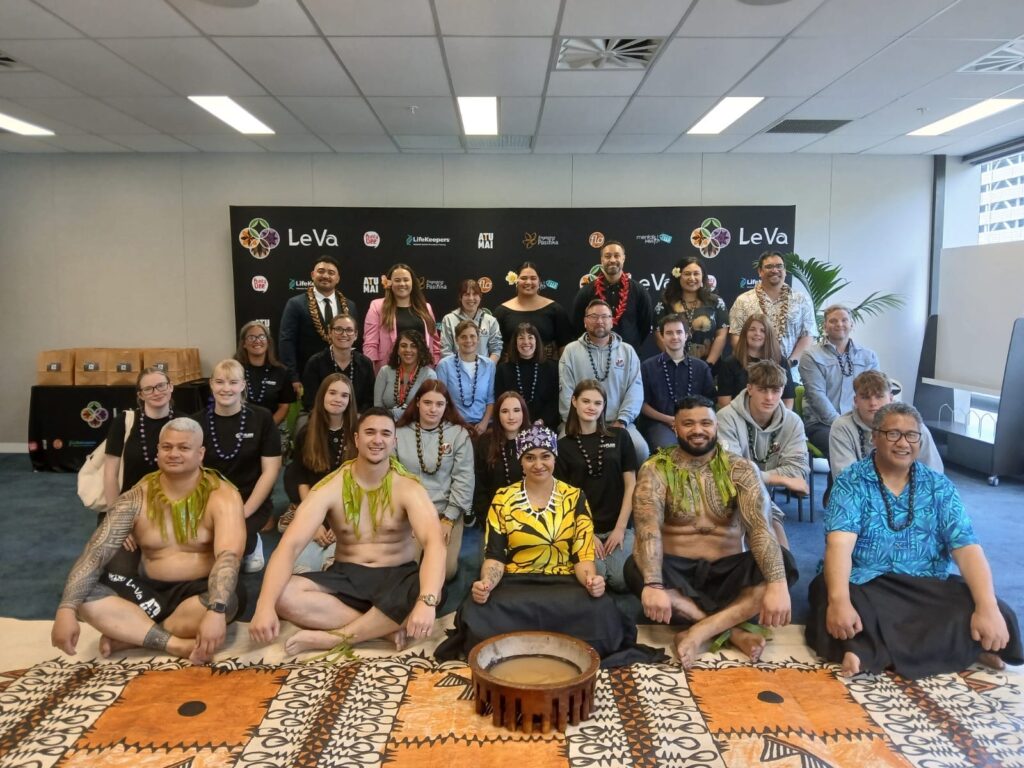
Learning from Changemakers
There was much to learn from our visit to New Zealand, not least a reflection on the importance of the work of The Spark Movement, which in an individualistic society such as the UK, can often feel challenging.
The idea that we exist within a spiritual realm as well as physical, and that it is important to allow children and young people to connect with their deeper wisdom within, can often seem an unusual perspective, and even antagonistic. Yet our experiences in New Zealand give hope – that there is a different way to approach age-old problems that are cloaked in silence and shame, and that changemakers can be ordinary men and women who are willing to step up and say ‘no more’.
The blending of traditional and modern approaches in New Zealand gives rise to the possibility that we can create systemic change using our twenty-first century knowledge, yet underpinned by ancient wisdom and the honouring our cultural values. With conscious intention and an open heart, we can create healing-centred communities of care, which ensure children can grow up with a sense of belonging, joy and purpose.
Tihē mauriora
Ki te whaiao, ki Te Ao Mārama
The breath, the energy of life
To the dawnlight, to the world of light
[i] Te Ahukaramū Charles Royal, ‘Te Ao Mārama – the natural world – Mana, tapu and mauri’, Te Ara – the Encyclopedia of New Zealand, http://www.TeAra.govt.nz/en/te-ao-marama-the-natural-world/page-5
[ii] Te Aorerekura, The Enduring Spirit of Affection. The National Strategy to Eliminate Family Violence and Sexual Violence. Published by The Board for the Elimination of Family Violence and Sexual Violence. Te Kāwanatanga o Aotearoa | New Zealand Government, December 2021

About
the author
Hi, I'm Nikki
I created The Spark when I realised I’d lost touch with my own inner light, buried under years of over-work and overwhelm. After witnessing far too many children becoming smaller versions of themselves, shrinking back, disconnecting and becoming disillusioned, I’m on a mission to ignite my Spark to help children to find theirs, changing the way we nurture small humans into being.
What started as a journey of self-discovery is growing into a global movement to create a better childhood for all children and young people. Will you join me?
Follow Nikki:
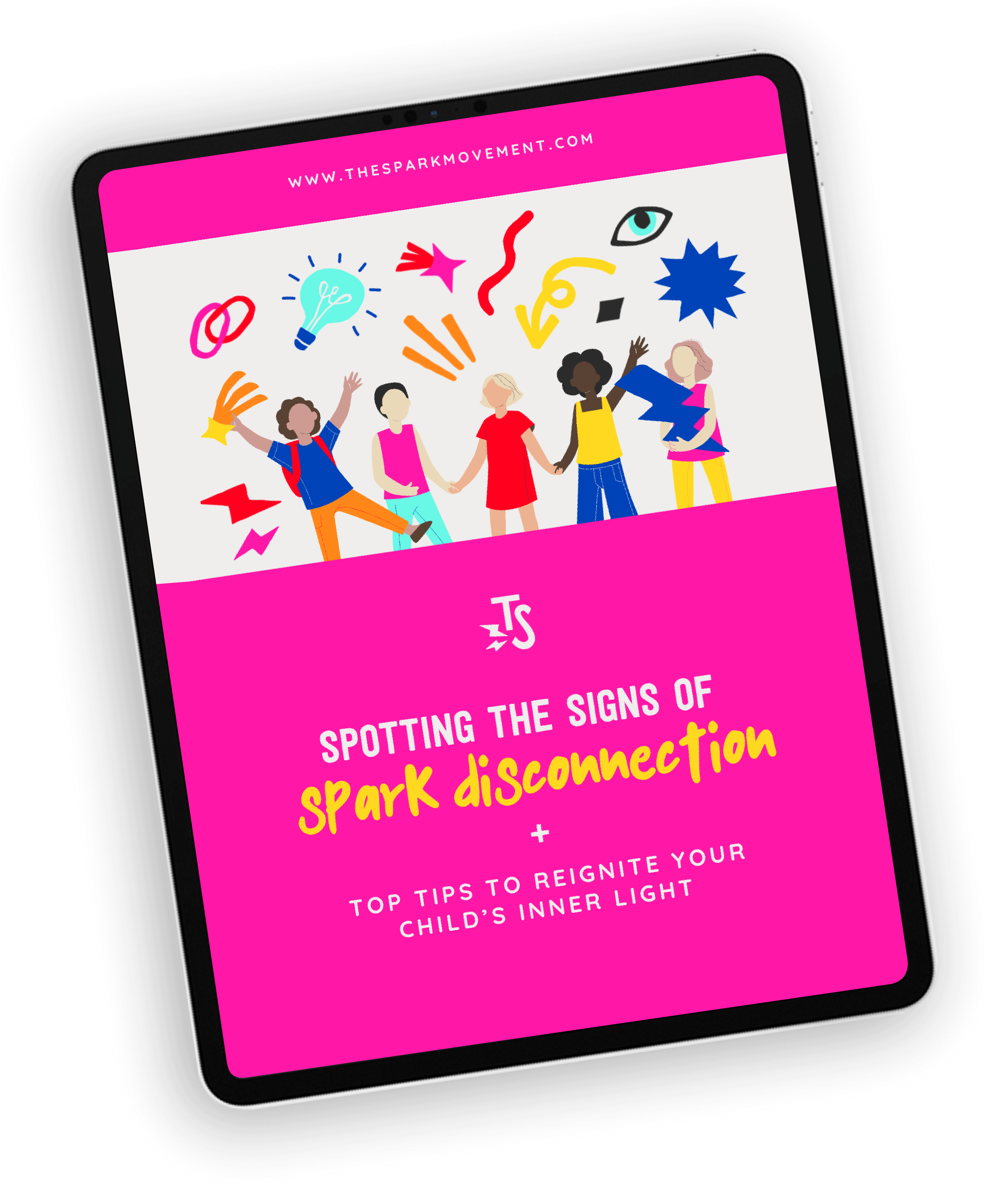
Need help to reignite your
child’s Spark?
Get our free guide to spot the telltale signs of Spark disconnection and learn how to reconnect your child to their inner light and joy.
Tell me more!
Sign up to our newsletter to be the first to hear about our tips, tools and training that will change the world for children.
